
A consortium meeting was held on September 14, 2022 in Brussels and online. The meeting was attended by more than 30 representatives of the SusCrop Consortium members and the SusCrop Advisory Board members.
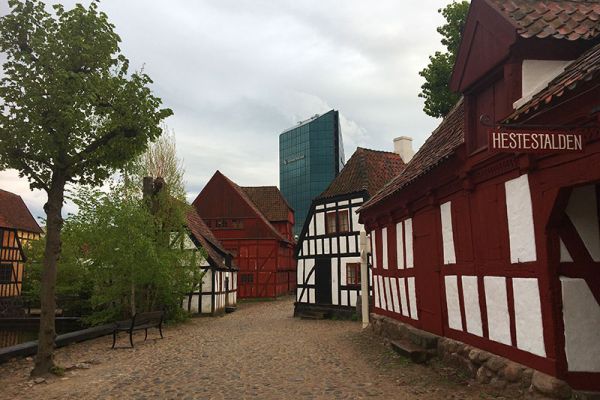
On May 10, the 3-day “seminar on research and innovation in sustainable crop production” that was held at Aarhus University (Denmark) kicked off with an internal consortium meeting for SusCrop funders and other consortium members.
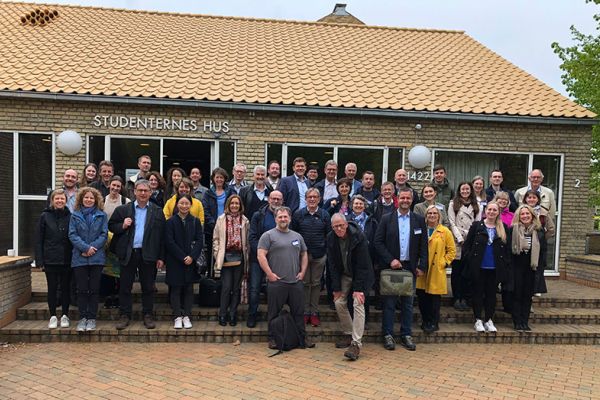
On May 11, the ERA-Net SusCrop welcomed about 50 participants to the end-term meeting of the funded research projects of the 1st transnational Call. Next to the participants on site, about 50 participants were registered to join the meeting online.
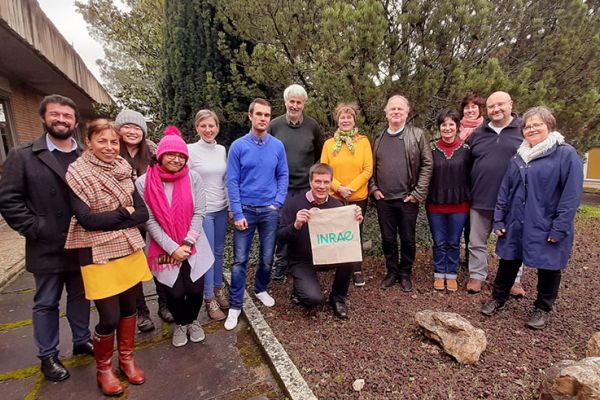
The AC/DC-weeds project develops agro-ecological technologies to manage creeping perennial weeds on arable land. Focusing on three species, important in North and Central Europe, they investigate new technics and optimise crop husbandry. Creeping perennials occur patchy, hence the researchers work on mapping, identifying and delineating them in fields with UAVs.
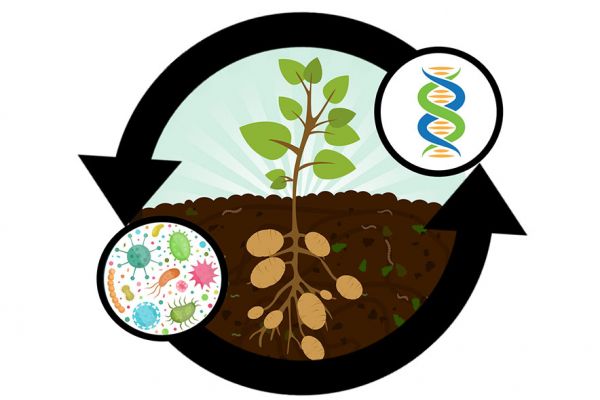
Current conventional agriculture relies heavily on high nutrient inputs as well as massive use of pesticides. Therefore, conventional practices have resulted in low nutrient use efficiencies, groundwater pollution and increased soil erosion.
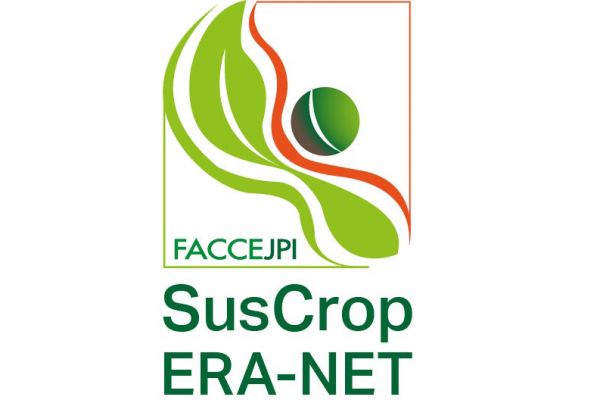
In order to rapidly accumulate and fix desirable characteristics in diploid potato, it is necessary to be able to self-pollinate (or inbreed) them.
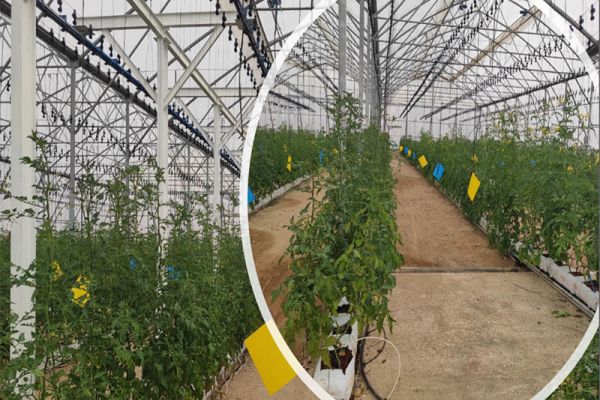
ROOT focusses on the impact of soil salinity on crop production, which is increasing, due to climate change. It poses a major threat to global food security and EU competitiveness. Currently, 50% of all irrigation schemes are affected by salinity, including 1 million hectares in the EU alone. Soil salinity affects the yield of many agricultural crops.
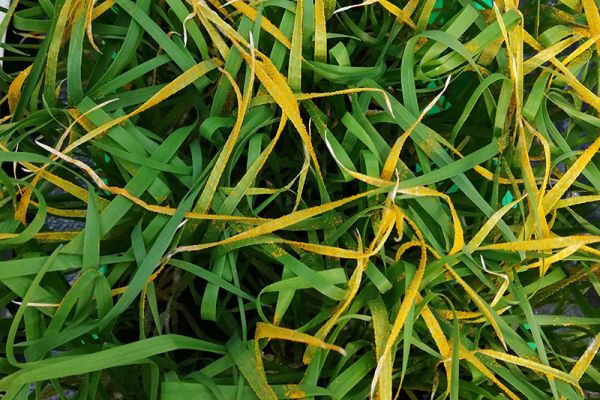
High-density low-cost marker genotyping platforms have enabled a paradigm shift in plant breeding, by use of genomic selection (GS) to predict the breeding values of progeny lines without costly phenotyping. While being useful, prediction accuracies are fairly low for complex disease resistances like stripe rust and Fusarium Head Blight, two devastating plant diseases affecting European and North American wheat production.
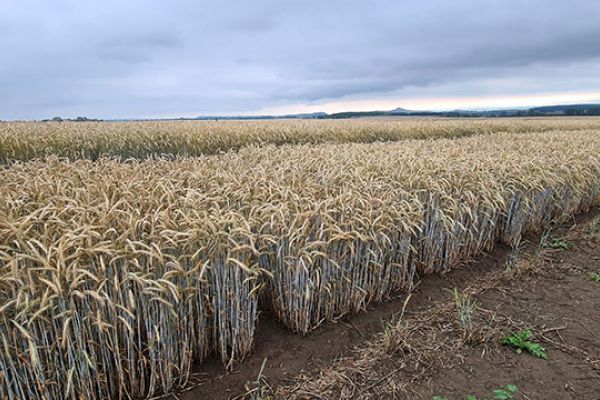
The overall goal of RYE-SUS is to develop, test and model gibberellin-sensitive semi-dwarf rye genotypes with optimised harvest index, improved lodging resistance, high yield potential and drought tolerance as well as minimised risk of ergot infestation for a sustainable intensification of grain production.
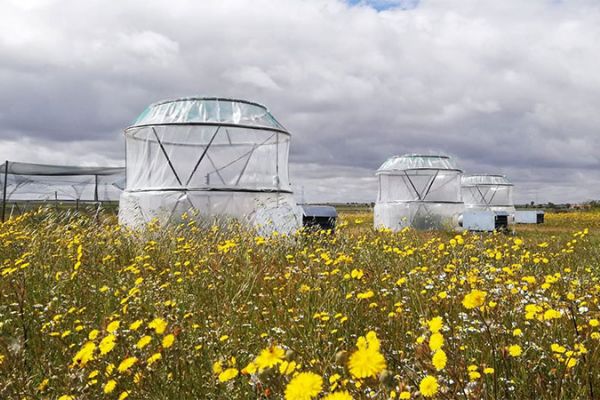
Climate change will influence arable crop production in the coming decades and air pollution is already having substantial impacts on crop productivity causing yield losses of 10-15% on average across Europe for sensitive staple crops such as wheat.
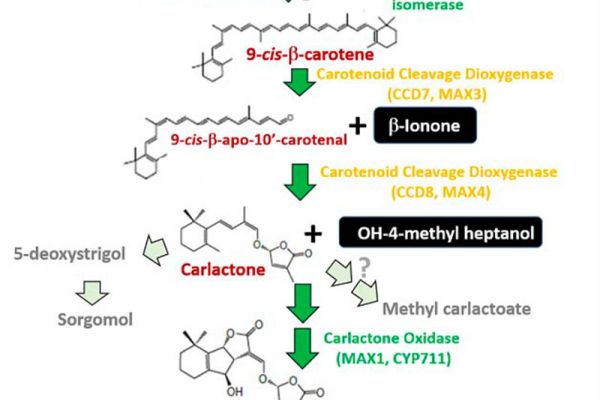
The PROSTRIG project addresses food insecurity in a durable and environmentally sustainable way by generating the tools and resources needed to develop new productive, resilient and low input crops. The focus lies on the emerging class of plant growth regulators, Strigolactones. An expression construct for SaCas9, the specific nuclease mediating the genome editing process, was designed and cloned into an appropriate vector.
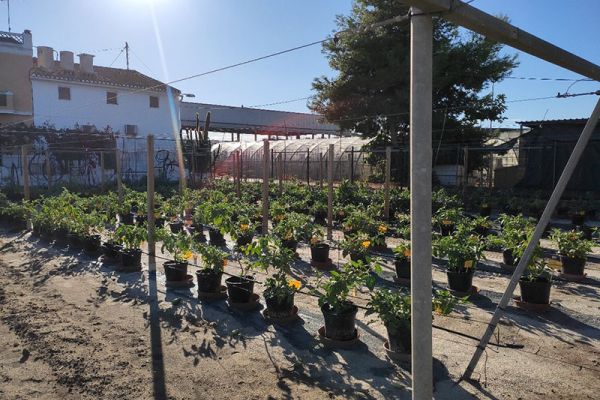
Nitrogen (N) is a limiting factor for plant growth and crop yield. N fertilization in excess caused massive environment damages. Therefore, to minimize N input, an efficient fertilizer management together with the identification of high N-use efficient (NUE) genotypes could be the main challenge to maintain high crop yields reducing N.
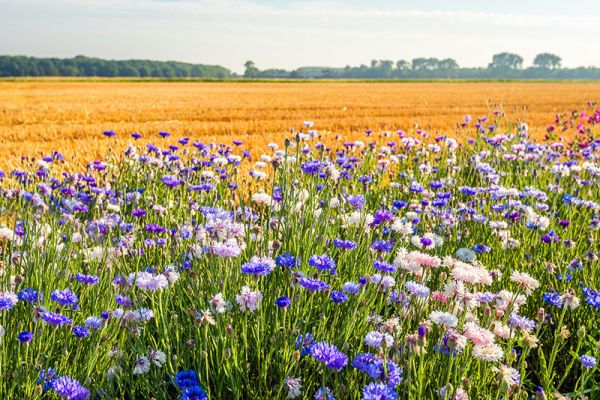
FACCE-JPI and the ERA-NET SusCrop, in the framework of the European Research Area, have decided to join forces to put in place a Call for research projects addressing agrobiodiversity. Research proposals should have the purpose of providing practical and policy-relevant knowledge on how agrobiodiversity can improve resilience of agroecosystems, especially those most at risk.
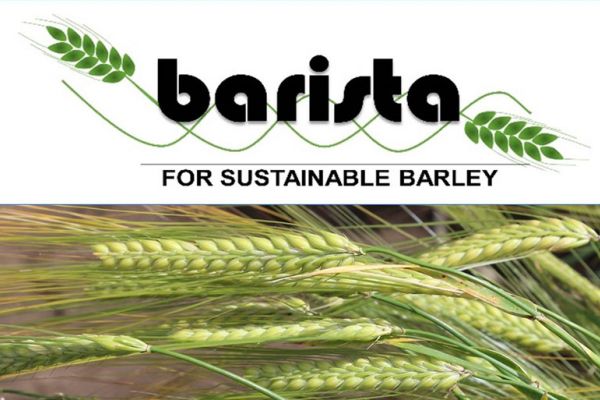
BARISTA is developing and testing genomic prediction (GP) and crop simulation models (CSMs) to improve the efficiency of barley breeding for key traits relevant for sustainability and resilience: water- and nitrogen-use efficiency (WUE, NUE), culm architecture to improve lodging resistance, disease resistance and flowering time.
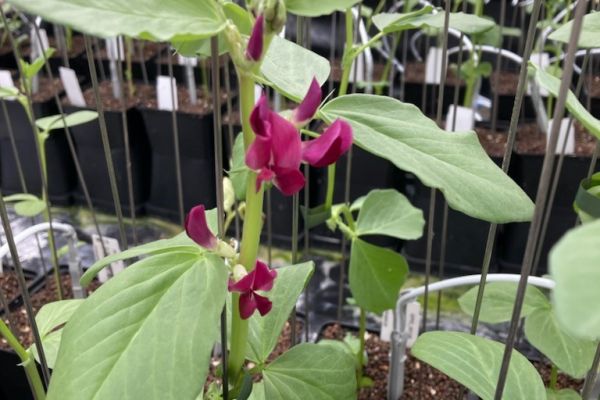
Currently Europe produces only about 30% of the plant protein needed for supplementary protein in feed, resulting in import of 40 million tonnes of soya bean and soya meal per year. This imbalance in the European agricultural system is due to the lack of an economically competitive grain legume protein crop that can match cereals for farmer profits.
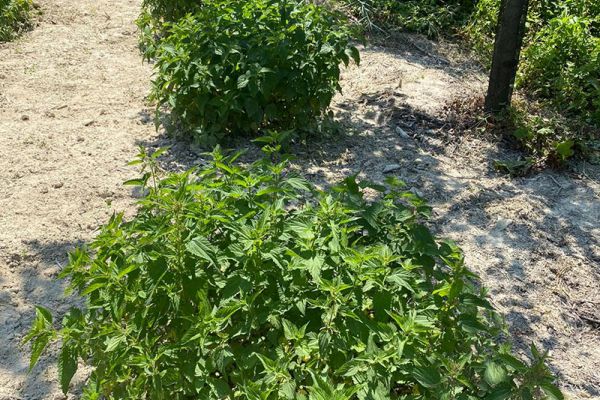
NETFIB’s overall aim is to develop the capacity for farmers and other land managers to recover nettle as a fibre crop from marginal land, which would otherwise remain under-used. The project started to test the hypothesis that the yield of nettle biomass in agro-forestry systems on marginal land can be enhanced by manipulations of soil and microbes.
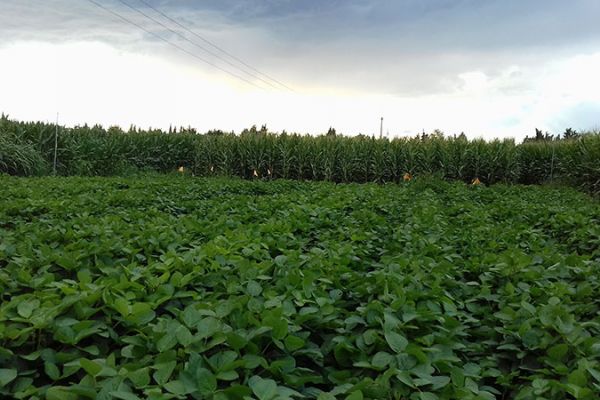
Legumes contribute to protein self-sufficiency and the sustainability of diets. They diversify cropping systems and farm businesses while reducing fertiliser and pesticide use, greenhouse gas emissions, land degradation and biodiversity loss. Nevertheless, grain legume production in Europe is low, partly due to sub-optimal management practices and gaps in farmers’ knowledge.